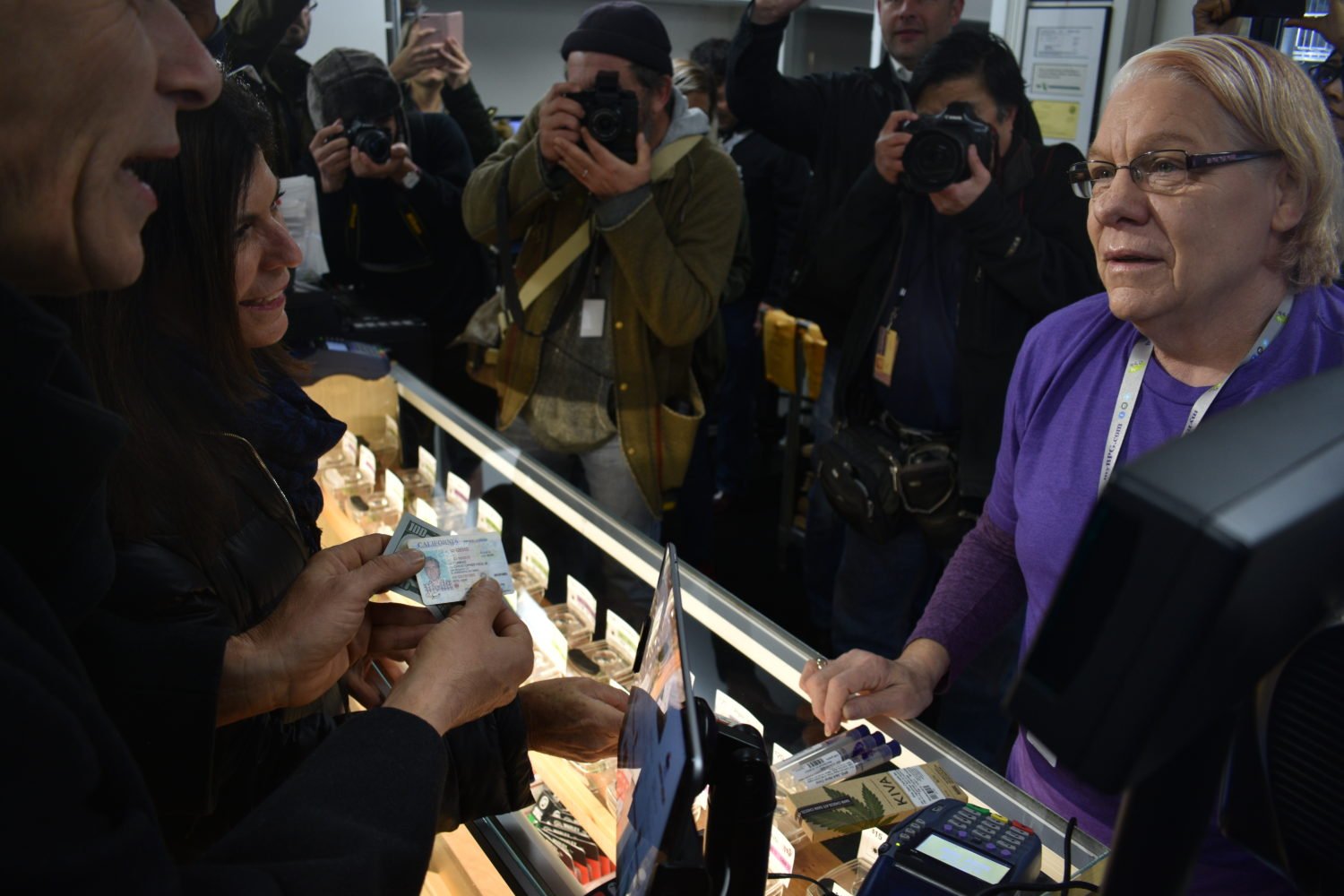Proposition 64 was approved by California voters in 2016, legalizing the recreational use of marijuana. Now five years removed from its passage, we’re asking the experts the impact it had on the wider cannabis legalization effort nationwide.
Most importantly, what were the important lessons from California’s bumpy road in the years following Election Night 2016 as the state attempted to implement the marketplace?
It would seem five years later that the criminal justice provisions of Proposition 64 were certainly the most successful aspect. Many of our other expectations fell short as the state worked to merge the will of the voters with the forthcoming medical marijuana regulations that were already in the pipeline. When they conflicted, the will of the voters would outweigh Sacramento’s plans for medical cannabis.
To this day, many believe the bar to enter the industry remains too high – just like taxes – despite Governor Gavin Newsom noting he’s willing to sign tax reform if it gets to his desk. And as Sacramento continues to hold off on a bill, the small farms that cleared the crazy hoops are suffocating as mega-farms drop the overall price of all flower that’s not boutique.
But there were lessons to learn! And somebody had to do it the hard way.
Thanks to California, we learned early about figure-heading in the social equity movement in cannabis where people from communities that weren’t hit the hardest by the war on drugs would push victims forward in a fake ownership role to take advantage of social equity programs.
We learned the impact local control could have on a new marketplace. Five years later, most California municipalities still don’t allow retail cannabis sales and as a result, the state’s underground cannabis market is still more than double that of the legal one.
We learned roadblocks in the supply chain make the weed take longer to get to the consumer, degrading quality and eventually sending them back to the street.
But even with these struggles, California has been important to pushing the chains forward according to the nation’s oldest cannabis advocacy group NORML.
“While there is still much work to do to improve California’s regulated market, the impact of Proposition 64’s approval should never be understated,” NORML Executive Director Erik Altieri told L.A. Weekly. “With the approval of legalization in the Golden State, a full 12% of the country’s population found themselves living in a state without marijuana prohibition.”
Regardless of the local hiccups, the impact on the national debate is undeniable.
“The positive influence this has had on public opinion and political discourse has been a boon to nationwide efforts and set up a trajectory that led to a further five states formally approving legalization in 2021 and momentum for federal reforms,” Altieri said.
As California worked to build out its marketplace, Shaleen Title did the same in Massachusetts. She watched what was happening at home and in California as she provided input to many of the other cannabis efforts that would arise in the last half-decade.
“I mean, anyone who enjoys legal cannabis owes it all to Californians,” Title told L.A. Weekly. “Every time I get tired of all the hard work and drama I think of Brownie Mary saying, ‘Maybe I’ll be remembered as the fat little old lady that helped get rid of these stupid marijuana laws,’ and am re-inspired. We’ve got to do right by her and her people. Kudos to everyone in California for focusing not just on legalizing it but on centering the sick and everyone who finds some relief from cannabis.”
Advertising disclosure: We may receive compensation for some of the links in our stories. Thank you for supporting LA Weekly and our advertisers.

